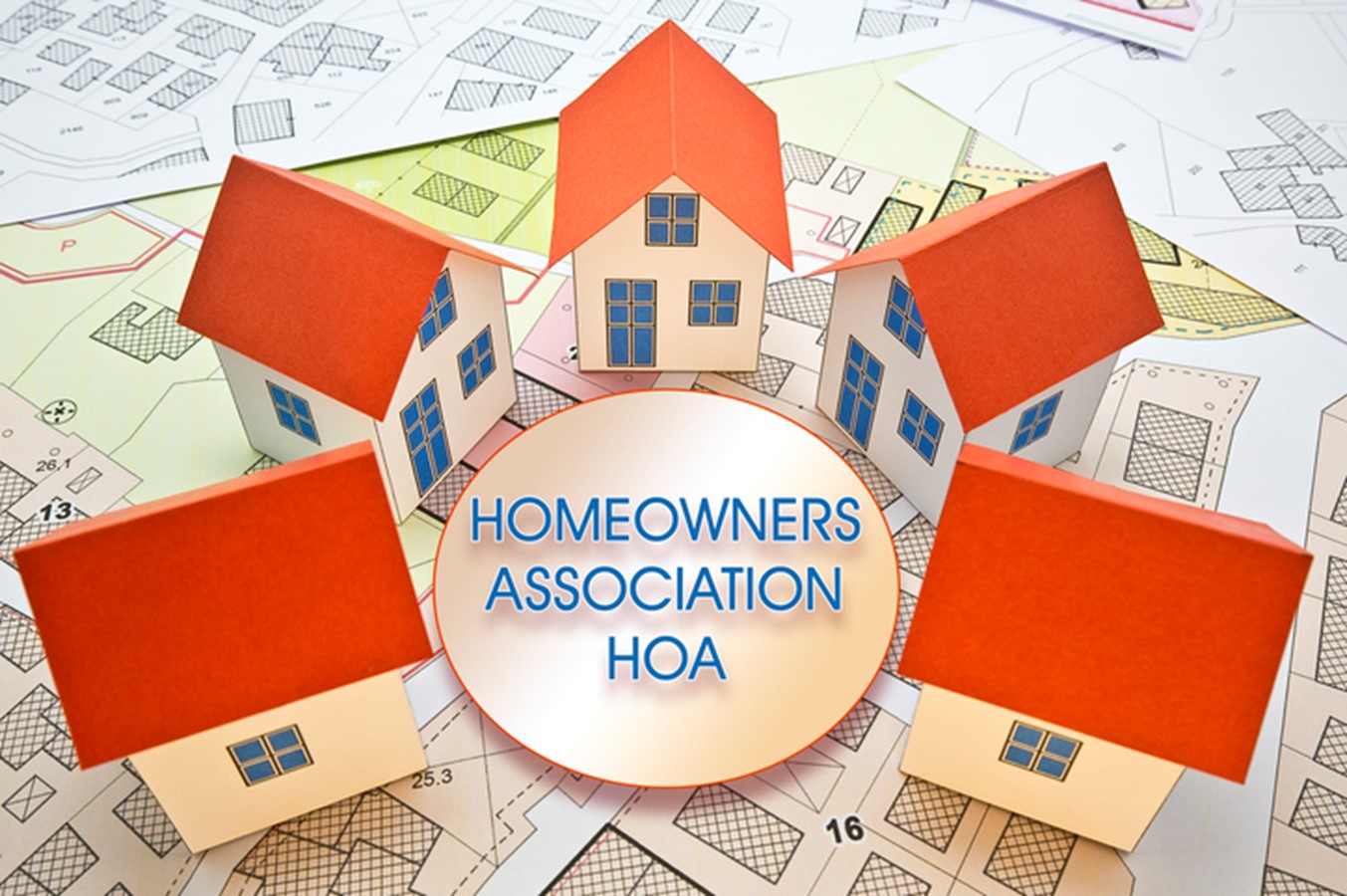
Located in the heart of Broward County, Oakland Park, Florida, offers a unique blend of small-town charm with the benefits of being close to the larger metropolitan area of Fort Lauderdale. Known for its thriving arts scene, lush parks, and welcoming neighborhoods, Oakland Park is a desirable place to live for residents of all ages. However, with its appeal comes the challenge of ensuring neighborhoods maintain their high standards of living, aesthetics, and community engagement. This is where professional HOA management plays a pivotal role. Intempus HOA Management, a leader in the industry, delivers customized HOA management services designed to enhance the overall living experience in Oakland Park.
From financial oversight to proactive maintenance, and from vendor management to ensuring compliance with local laws, Intempus provides everything an HOA needs to thrive. By partnering with Intempus HOA Management, Oakland Park’s homeowners associations can ensure that their communities remain vibrant, well-organized, and reflective of the city’s unique spirit.
The Importance of HOA Management in Oakland Park
HOAs in Oakland Park play a critical role in keeping neighborhoods attractive, organized, and harmonious. They are responsible for maintaining common areas, setting standards for property maintenance, and ensuring that community rules are followed. However, these tasks require skilled management to be effective, which is why many HOAs turn to professionals like Intempus HOA Management.
Maintaining Property Standards:
One of the core responsibilities of an HOA is to enforce architectural and maintenance standards throughout the community. Well-maintained common areas, like parks, clubhouses, and landscaping, are essential for preserving the neighborhood’s appeal and maintaining property values. In a dynamic city like Oakland Park, where aesthetics matter, keeping the community in prime condition can make all the difference for current residents and potential buyers.
Intempus takes a proactive approach to maintaining the community’s appearance, ensuring that regular inspections and preventative maintenance are conducted on a schedule that aligns with the HOA’s goals. This not only enhances curb appeal but also minimizes the need for costly repairs in the future.
Financial Stewardship:
Effective financial management is crucial for any HOA to operate smoothly. Homeowners pay dues, and it’s the HOA’s responsibility to ensure those funds are used wisely. Mismanagement of funds can lead to neglected maintenance, unmet community needs, and even legal challenges. Intempus provides comprehensive financial management services that include:
- Dues Collection: Ensuring timely collection of fees while managing delinquent accounts efficiently.
- Budgeting: Assisting the HOA in creating realistic budgets that meet the community’s current needs while planning for future improvements.
- Reserves: Establishing and maintaining reserve funds for large-scale repairs and unexpected expenses.
- Financial Reporting: Providing transparent financial statements to keep the HOA board and residents informed about where funds are being allocated.
In a city like Oakland Park, where many residents are keen to see their investments grow, ensuring sound financial practices is key to maintaining homeowner trust and satisfaction.
Legal Compliance and Risk Management:
Navigating the legal aspects of managing a homeowners association can be complex. From understanding local building codes and environmental regulations to handling disputes between homeowners and the HOA board, having a knowledgeable management team is essential. Intempus HOA Management ensures that Oakland Park HOAs remain compliant with all relevant local, state, and federal laws. Additionally, we provide support in drafting, reviewing, and updating governing documents such as CC&Rs (Covenants, Conditions, and Restrictions) and bylaws to ensure they align with both legal standards and the evolving needs of the community.
Community Engagement and Communication:
An effective HOA isn’t just about maintaining properties—it’s about creating a strong, engaged community. In a diverse and dynamic city like Oakland Park, fostering a sense of connection among residents can greatly enhance their living experience. Intempus makes communication between the HOA board and homeowners seamless, using modern tools like community websites, newsletters, and mobile apps to keep residents informed about upcoming events, board meetings, and important announcements.
Whether it’s organizing a community gathering or addressing concerns from residents, Intempus ensures that everyone feels heard and included in their community. Engaged residents are more likely to contribute positively to the neighborhood, follow HOA guidelines, and support the board’s decisions.
Customized HOA Solutions for Oakland Park
Every HOA is different, and what works for one community may not work for another. Intempus HOA Management takes pride in offering tailored solutions that meet the unique needs of each community in Oakland Park. Our team of professionals works closely with HOA boards to understand their specific challenges, goals, and resident expectations. From smaller condominium associations to large residential neighborhoods, Intempus offers scalable services to fit the scope and needs of the community.
Here are just a few of the customized solutions we offer:
- Vendor Management: Intempus takes the hassle out of managing service providers by overseeing contracts and ensuring that vendors such as landscapers, pool maintenance companies, and security providers meet expectations. We handle everything from contract negotiation to performance monitoring, ensuring that work is completed on time and within budget.
- Maintenance Oversight: Whether your community has common areas like clubhouses, parks, or walkways, or unique amenities like tennis courts or swimming pools, Intempus ensures they are maintained to the highest standards. Our proactive maintenance schedules prevent small problems from becoming large, expensive repairs, saving the community both time and money.
- Board Support and Training: Many HOA board members are volunteers who may not have experience in management or legal matters. Intempus provides training and support to ensure that board members have the knowledge and resources they need to make informed decisions. We also assist with running board meetings, organizing elections, and facilitating productive discussions to keep the board on track.
Why Choose Intempus HOA Management for Oakland Park HOAs?
With so many property management companies available, what makes Intempus stand out for communities in Oakland Park?
Proven Expertise: With years of experience in managing HOAs across South Florida, Intempus understands the unique challenges that communities in this region face. Whether it’s navigating local ordinances, managing hurricane preparedness, or fostering community engagement, we have the expertise needed to elevate the quality of life in Oakland Park neighborhoods.
Transparency and Trust: At Intempus, we believe in building lasting relationships with the communities we serve. We prioritize open communication and transparency in everything we do. Homeowners and HOA boards alike can trust that they are always informed about the decisions that affect their community.
Dedication to Service Excellence: Our team is dedicated to providing top-tier service in every aspect of HOA management. From timely maintenance and effective financial management to fostering community spirit and legal compliance, Intempus goes above and beyond to ensure that Oakland Park’s neighborhoods remain desirable places to live.
Enhancing Community Living in Oakland Park
Oakland Park is a city that values quality of life, community, and growth. Intempus HOA Management is proud to contribute to the city’s neighborhoods by providing HOA management services that elevate community living. We understand that a well-managed community leads to higher property values, more engaged residents, and overall satisfaction among homeowners.
Our services extend beyond simply maintaining properties. At Intempus, we focus on creating communities where residents feel proud of where they live, are involved in their neighborhoods, and trust their HOA to make decisions in their best interests. Whether it’s through organizing community events, ensuring well-maintained common areas, or providing legal and financial expertise, Intempus is committed to helping Oakland Park HOAs thrive.
Conclusion: Partnering with Intempus HOA Management
For HOAs in Oakland Park, FL, the right management partner can make all the difference. With comprehensive services tailored to meet the needs of diverse communities, Intempus HOA Management is dedicated to helping your neighborhood achieve its full potential. From financial management to resident engagement, maintenance oversight to legal compliance, Intempus provides the expertise your community needs to thrive.
If you’re an HOA board member or homeowner in Oakland Park looking for professional management services, contact Intempus today to learn how we can elevate your community. Visit our HOA Services Page for more information and explore our Proactive Maintenance Solutions and Financial Management Services tailored specifically for Florida communities.












